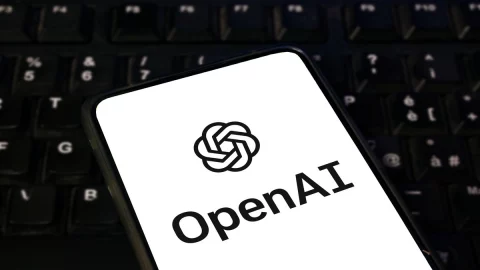Technology, as we know, runs fast, and although 5G is still far from being a consolidated reality in all countries of the Western world (let alone in the others), for tech companies it is already time to think about 6G, or the next generation that exploits terahertz waves and once installed it will allow a data connection 100 times faster than that of 5G, reaching a maximum assumed speed of 30 Gigabits per second. While waiting for 5G to really take its first steps in the real world, revolutionizing production processes with the IoT, the Korean group LG is moving forward, which has bet everything on infrastructure: in fact, it has decided not to produce any more smartphones and in 2019 has created a research center entirely dedicated to 6G, in partnership with leading companies such as Fraunhofer-Gesellschaft. So far the strategy is paying off, given that in the 6G race it has surpassed none other than Samsung.
The Korean giant recently let it be known that it has tested a new generation connection but in an enclosed space and over a short distance (15 meters), while LG's rivals have outdoors and over a much more significant distanceabout 100 meters. The experiment was conducted around August 6th and the achievement of a considerable distance is important because the defect of the terahertz waves, which are placed halfway between the microwave and infrared frequencies, is usually precisely that of weakening appreciably as moving away from the signal source. LG did not give further details on the test, limiting itself to saying that it used a signal amplifier developed in its research center in Berlin. "The results have been encouraging and show us that we are getting closer to an operational application of XNUMXG," said LG CEO Kwon Bong-seok.
6G technology should be standardized internationally by 2025, to then be marketed in the following four years, i.e. by 2029, even if Samsung aims to offer the first ultra-fast connection as early as 2028. If 5G was the enabler of the Internet of Things, therefore of the automated industry but also of the self-driving car, the smart home, sensors and much more, 6G will be the key to theInternet of Everything, the emerging technology that aims to improve living and working environments by making them more sensitive, adaptive, autonomous and personalized to the needs of workers and people, capable of recognizing human presence and preferences.




